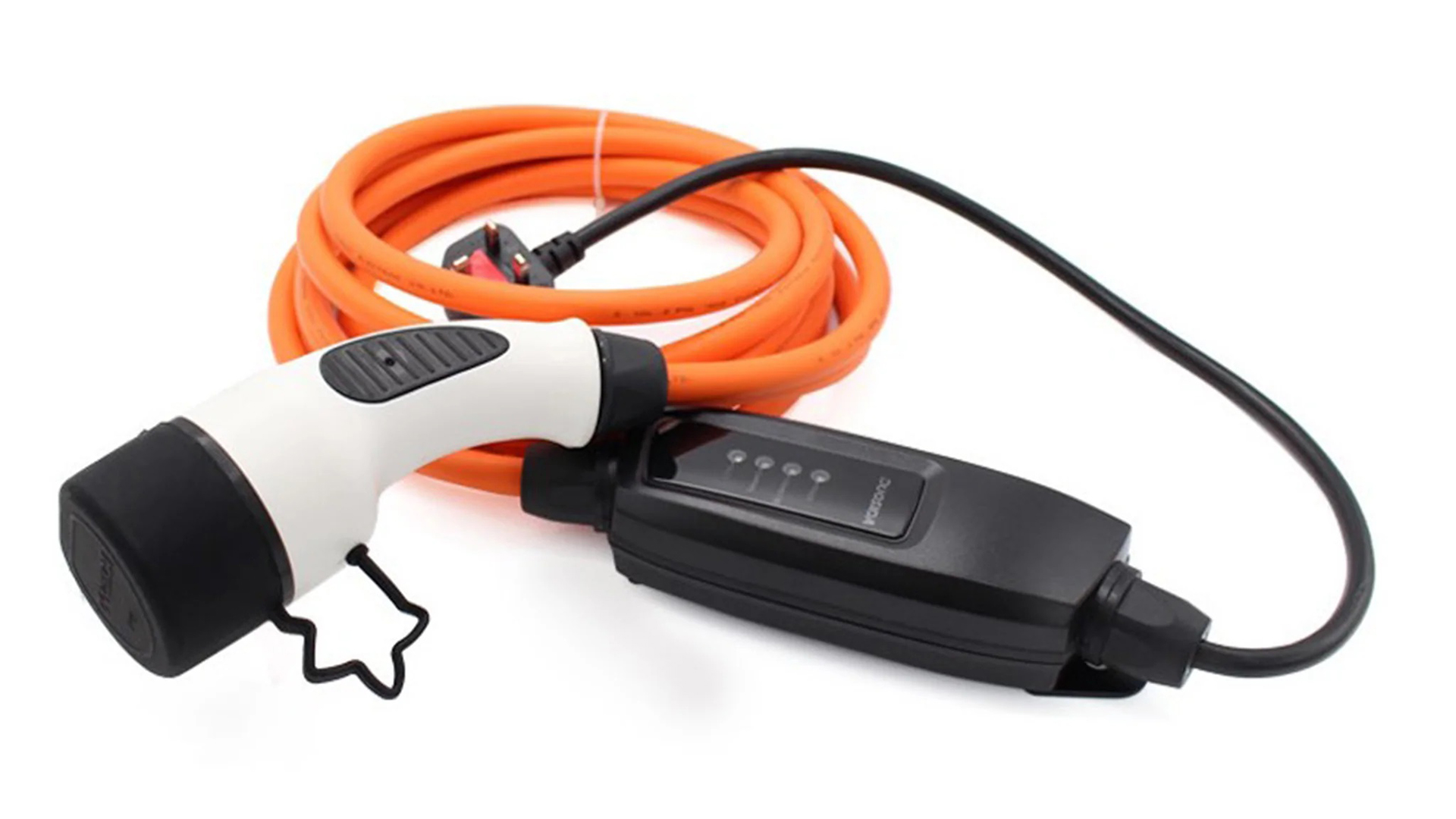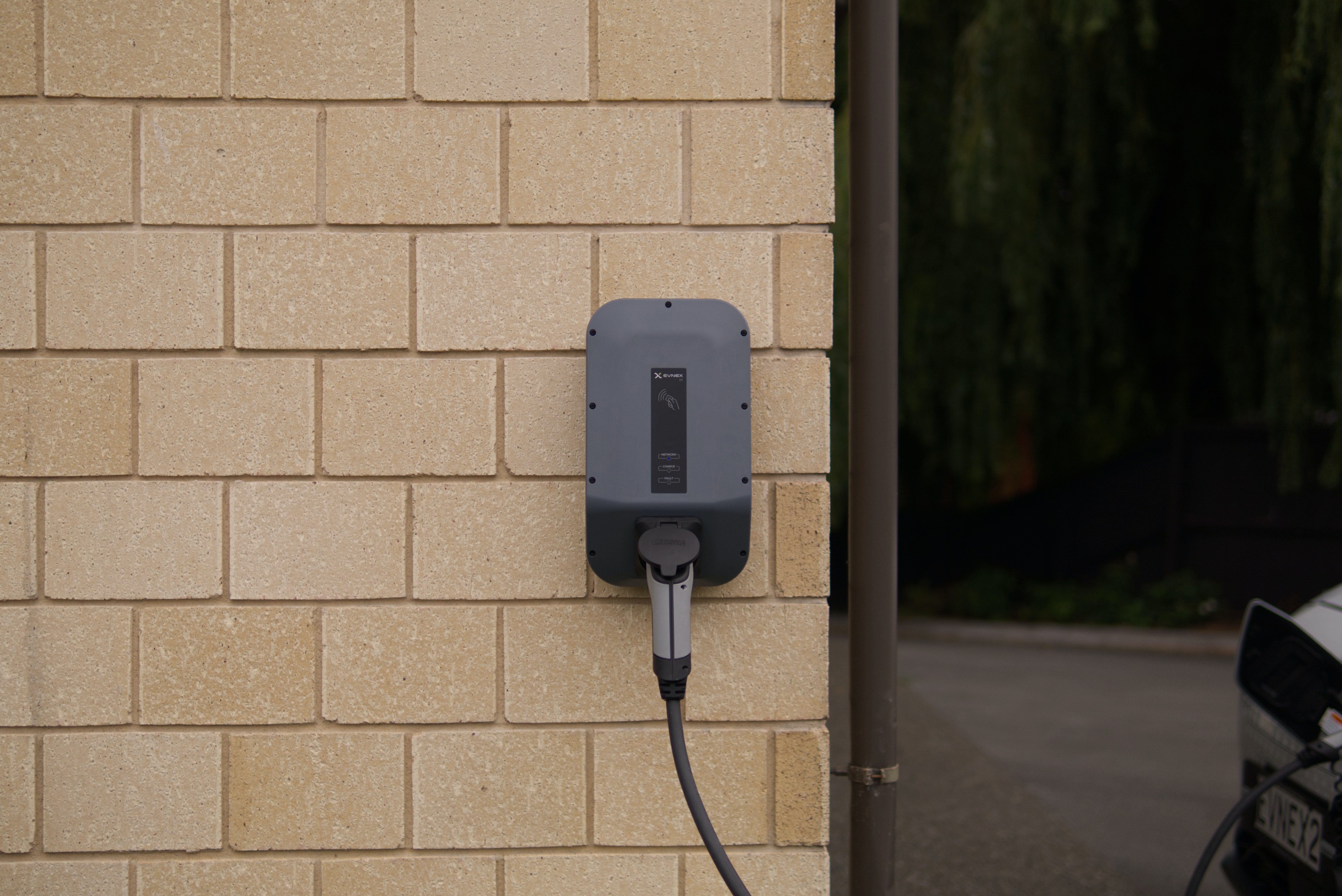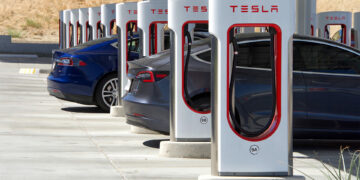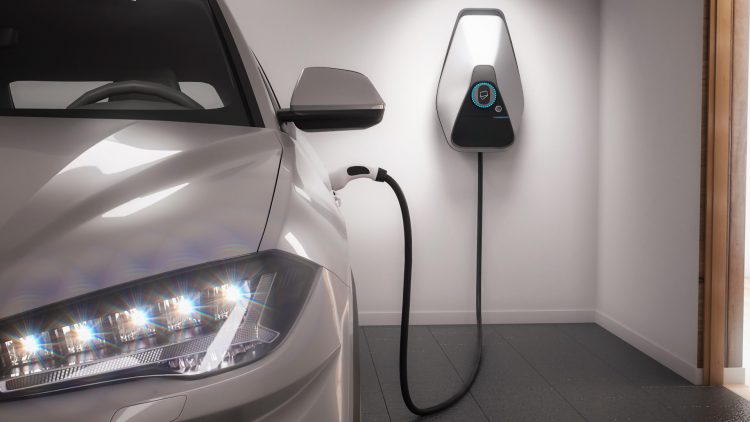At their most basic level, you can charge almost any EV using a standard household plug. There are some things you need to check, but it is possible to get a useable amount of charge into the battery of any electric vehicle using a simple cable connected to a home supply. Then come the questions of speed and price: How fast do you need to charge and how much are you willing to pay in order to have a faster charging option?
Given that we are dealing with drawing a lot of power from your home, let us start this article by saying that you must always consult a qualified electrician before considering how to charge your car at home. That said, the options are straightforward.

Most of us will use a kettle or fan heater that will draw 2,000 watts of power or more. When we discuss electricity supply, we write 2,000 watts as 2 kilowatts or 2kW. When power is being stored, for example in a battery, then we refer to how many kilowatts of power can be stored or delivered over a period of time. Hence, kilowatt hours or kWh. Most cars these days will have a battery between 40 and 70kWh, although some can be over 100kWh.
The slowest charge comes from a special cable that plugs into your household supply and can safely carry 2-3kW of power for a sustained period of time. These home chargers have become known (affectionately) as ‘Granny Chargers' – probably because they are slow, safe and reliable.
While 2kW is enough to begin charging an EV, you need to make sure that nothing else is on that ‘fuse' on your main consumer unit – because you you will be drawing this level of power for many hours. The fuse or trip switch for this charger will normally be 13amp.
To fill up an EV with a 2kW supply is a time-consuming thing to do. In the case of batteries that need 40-70kWh, you will need to be plugged in for 20 to 35 hours. In most cases, that's simply not practical.
This is where a permanently installed home charger comes in. In the UK, these are almost always 3kw or 7kW.

Given that both need to be connected to a specific kind of fuse – and the work involved in this installation is similar for both kinds of charger – most installations in the UK will be for a 7kW charger. You will sometimes see these referred to as 7.2 or 7.4kW – but these are minor variations in the way that the number is calculated – the chargers will all be very similar mechanically.
If you have (or get installed) a dedicated 16 amp block (fuse) on your consumer unit (fuse box), then that will happily run a 3kW charger for hours. As you may have guessed, connecting a 7kW charger requires a dedicated 32 amp block (fuse).
As well as having the right connection on your consumer unit, you also need to make sure that you have the correct wiring at every stage of the connection from the power coming in from the outside – through to your EV. If any of the cable is too thin, then you will be creating a ‘heating coil' and it will not be safe. This is why you need a qualified professional to do the installation.
You will see adverts for 11kW and 22kW home chargers. These are generally not produced for the UK consumer market.
Most homes will have a main block/fuse that will let you draw between 80 and 100 amps. Electricians call this single connection to the grid, ‘single phase'. Commercial enterprises will have ‘triple phase' installations, which comprise 3x separate wires from the outside. As such, they are able to support an 11 or 22kW charger. These are more common in Northern Europe. You could get triple phase at home, but there will be a cost involved.
So, there you have it: You can begin charging at home with a 2kW Granny Charger, but that will normally be a ‘top-up' rather than a ‘full charge from flat' option. Getting a 3kW charger is better, but not by much. With a 7kW charger at home, you can fill up a 70kWh battery in 10 hours – which should mean a ‘100% charge, overnight'.
One last thing on the subject of Granny Chargers – not all EVs come with them and they can be quite expensive. If you are getting a new EV, it might be worth insisting that they make the cable part of your deal.




















Discussion about this post